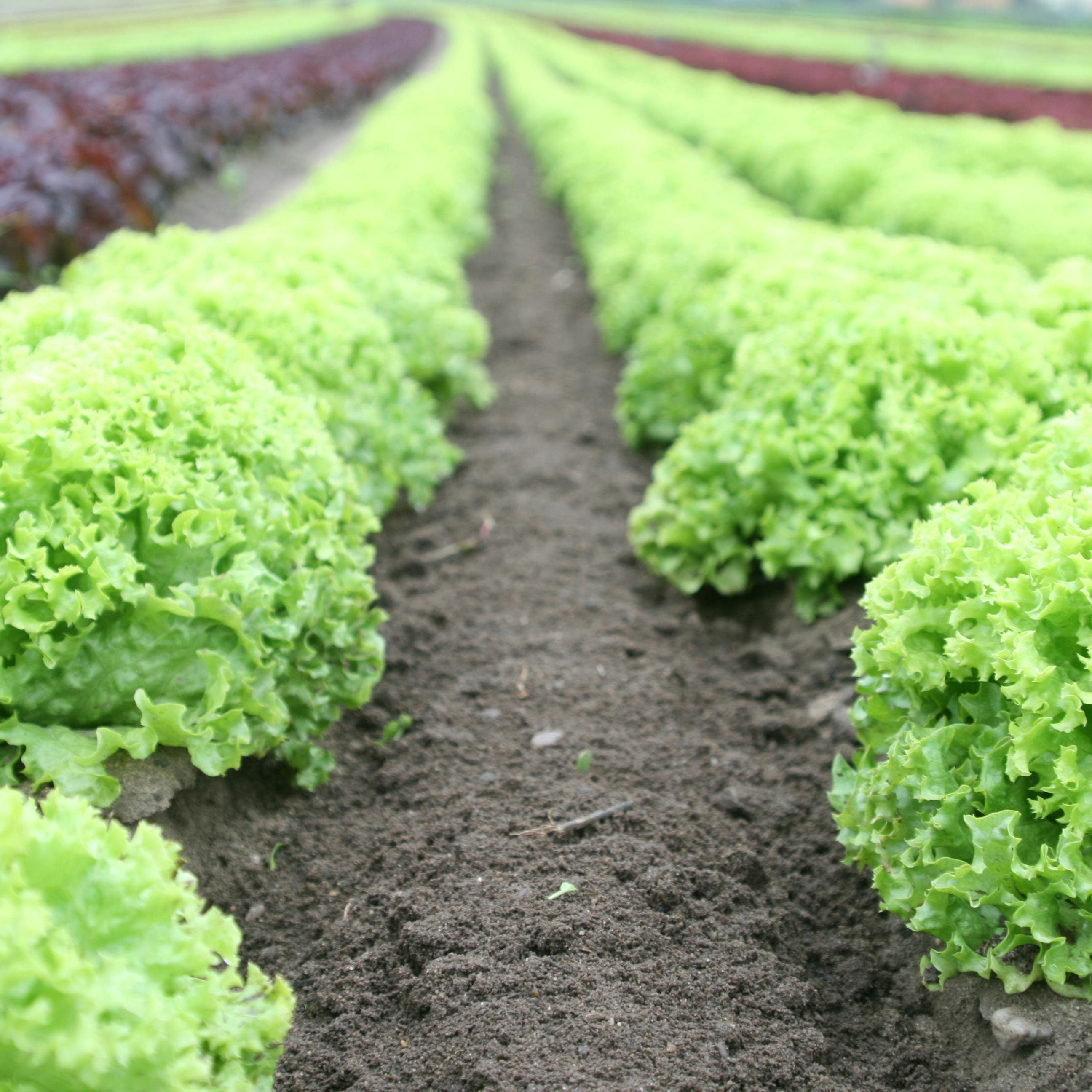Agroindustry
The ARBA project lays the foundation for a modern, profitable, and sustainable agroindustry by maximizing the region’s strategic resources. Its design responds to the specific needs of the agri-food sector, creating unique conditions to boost productivity, reduce costs, and access high value markets.
This agroindustrial approach will not only make local production profitable, but also position Baja California Sur as a competitive player in the global agri-food market, generating jobs, wealth, and sustainable development from the field to the final consumer.
Water
In Comondú, access to drinking water is limited and unequal, directly affecting the quality of life of its communities and restricting economic development. Having a safe, reliable, and sustainable water source is essential not only for public health, but also to drive productive activities and ensure a more equitable and resilient future for the region.
Crops
With a secure water supply, it will be possible to reactivate and diversify traditional crops such as chili, tomato, squash, corn, and fruit trees like mango and papaya. Agroecological techniques adapted to the semi-arid climate will also be introduced. These crops represent not only food for the region, but also opportunities for employment and local trade.
Animal Husbandry
The project will also strengthen small-scale goat and cattle farming, as well as poultry species well adapted to the region’s ecosystem. This will support food security, family self-sufficiency, and income generation, without compromising the ecological balance of the environment.


